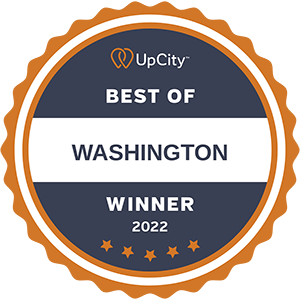Understanding WebHub Keyword Expansion
Your WebHub Search Engine Optimization (SEO) package must be in place before adding this to your website. This will power up more visibility and branding throughout the internet, which is necessary if you are in a highly competitive industry.
Would you like to use Google to rank on Google?
Getting results using Google properties is a powerful method that “stacks” the power and delivers results to YOUR property.
It’s fast, effective, and hands-off with this unique Done For You Service.
What Is WebHub Keyword Expansion Stack?
The keyword expansion stack is added to a WebHub package for your brand and utilized to hyper-target categories that you are looking to power up. You will use the Google ecosystem to drive power and relevancy into your brand. A Google Stack combines several components of the Google ecosystem (like Google Drive, Google Sites, and more) that are interconnected in various ways to provide powerful results to your website.
When you use Google’s properties in this manner, you gain “trust” and “authority” in the eyes of search engines. Then, it’s all interconnected, so the power flows through your stack. Your stack is trusted in Google’s eyes since it uses Google properties. This is a great way to insulate your website from future algorithm changes.
Why Keyword Expansion?
Finding high-converting keywords with low CPC is essential for maximizing the effectiveness of your search engine optimization efforts while minimizing costs. One way to achieve this is by analyzing historical performance data from Google Ads or other advertising platforms to identify which keywords have driven conversions at a relatively low cost. Additionally, using Google Ads’ Keyword Planner, you can research potential new target phrases based on their estimated traffic volume and competition levels.
What Are Semantic Searches?
As the digital landscape continues evolving, so does how search engines interpret user queries. One of the significant advancements in this area is semantic search, which focuses on understanding the intent behind a question rather than just matching keywords. By finding terms closely related to your main keyword, you can ensure that search engines better understand what your content entails and improve its visibility online.
Understanding Semantic Searches
In a semantic search, context is essential in determining relevant results for users. This means that search engines analyze phrases or groups of words together instead of simply looking at individual words within a query to determine their meaning. As such, businesses should incorporate semantically-related keyphrases into their content strategies.
A great example of how semantic searches work can be seen with Google’s Knowledge Graph – an intelligent system designed to provide more accurate information by understanding relationships between entities and concepts within web pages. For instance, if someone searches for “an apple,” Google’s Knowledge Graph will consider whether they are looking for information about Apple Inc., apple fruit, or even apple pie recipes based on other contextual clues provided by the user.











